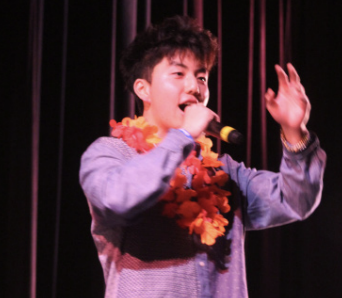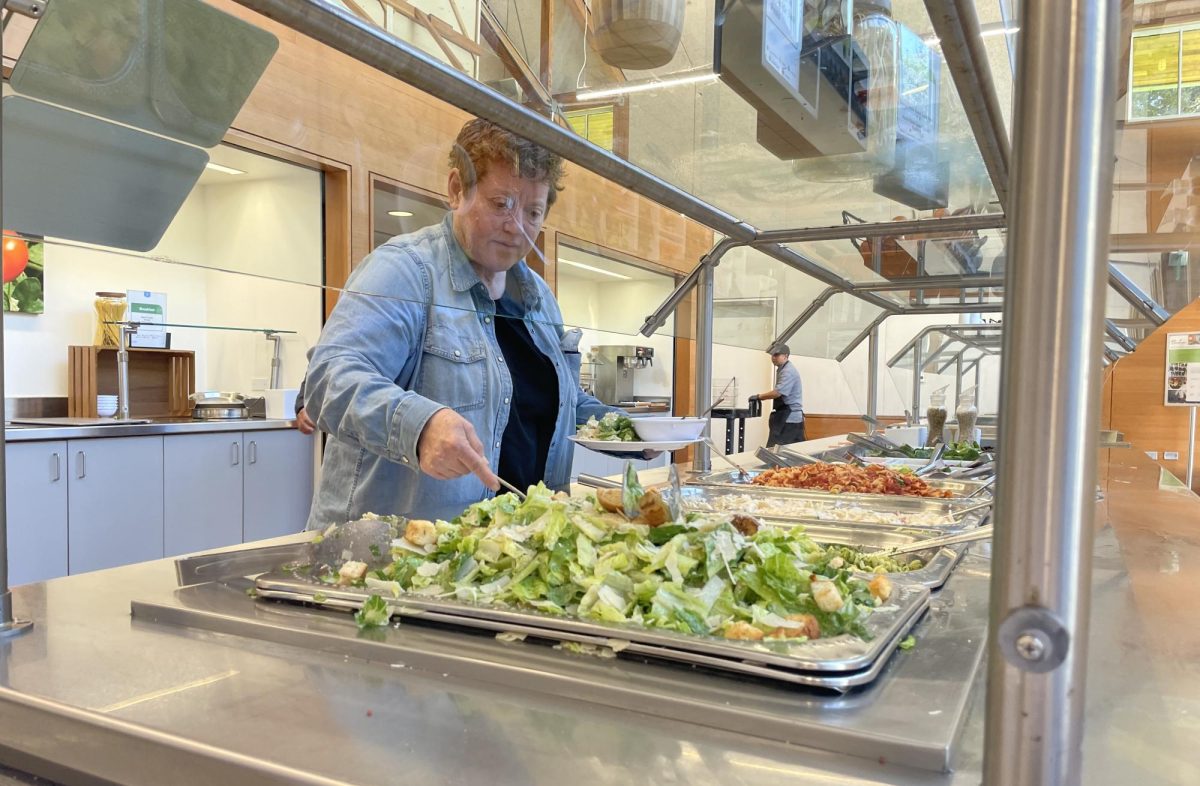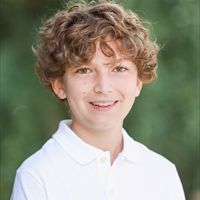On Monday, Sept. 29, students from the class of ’26 began presenting their Junior Fellowships from the 2024-25 school year. Over the course of the year, students will present 12 projects during certain indoor assemblies.
Barry Liu, one of the first students to present on Monday, engaged in a project on mental health with a focus on young people. Liu used personal surveys to find important statistics about mental health in Marin County.
“I found that there was actually a crisis going on in our own community. Ninety percent of students had experienced anxiety, and over half of them have witnessed their peers commit self-harm or attempt suicide at some point.”
Inspired by former surgeon general Vivek Murthy’s designation of youth mental health as a crisis, Barry sought to find an alternative to traditional therapy and online check-in based surveys.
“The problem with these online surveys is that they are all multiple choice, so you’re basically limited to predetermined answers. I wanted to find a way for students to express their unique needs and for my solution to specifically address them.”
For months, Liu worked on app development, using programs like Figma to design user experience, and even worked on an AI that gives students a mental health score. This AI is programmed to immediately put the score at a critical level if violence or self harm is mentioned and will recommend suicide prevention and lifeline resources.
Liu believes that something that separated his project from the rest was his previous interest and research done about the topic of youth mental health. He recommends that the current junior class focus on subjects they are knowledgeable about and can make a difference in.
“I would say that the best thing you can do with your Junior Fellowship, if you want to be selected, is to just know as much as you can about it. If you are passionate about it and knowledgeable about your project, they will see that desire, and they will recognize that.”
“The unique needs of everybody require personalized care.” He added. “I really hope that mental health in the future really is just able to become a space that’s private and judgment free.”
For the first time, creating a Junior Fellowship idea was a part of the Human Development curriculum, resulting in a record 64 applications. Human Development teacher Gisella Petrone said that the unit focused on converting interests into tangible ideas.
“During the unit, the question I’ve always asked students is, How can we transform a passion into a project? And so, during the course of the unit, students were able to really get creative, have an idea, maybe three, and then narrow it down,” she said.
Her advice for potential applicants this year is similar to Liu’s, with a strong emphasis on passion and curiosity. She specifically mentioned that there is no “one way” a project can be.
“Don’t think about, oh, a good fellowship has to be academic, or it has to be this or that. You know, it’s really being curious,” said Petrone.
After a few years of junior fellowships, Gisella also hopes to see projects that are built off of previous ones.
“I’m looking forward to seeing projects that we can bring back to the community that can continue to be developed. All the ideas that we heard about on Monday, Sept. 29, they’re all ideas that we can keep going with. So that is doing the work, you know, thinking about it.”
Finally, Gisella offered an important reminder for students who aren’t selected for Junior Fellowships but have projects or ideas that they are proud of.
“As I always say to students, even if you’re not awarded the fellowship, that doesn’t mean that your project can’t go on. You can keep working on it because then there could be a way that it turns into something bigger.”



